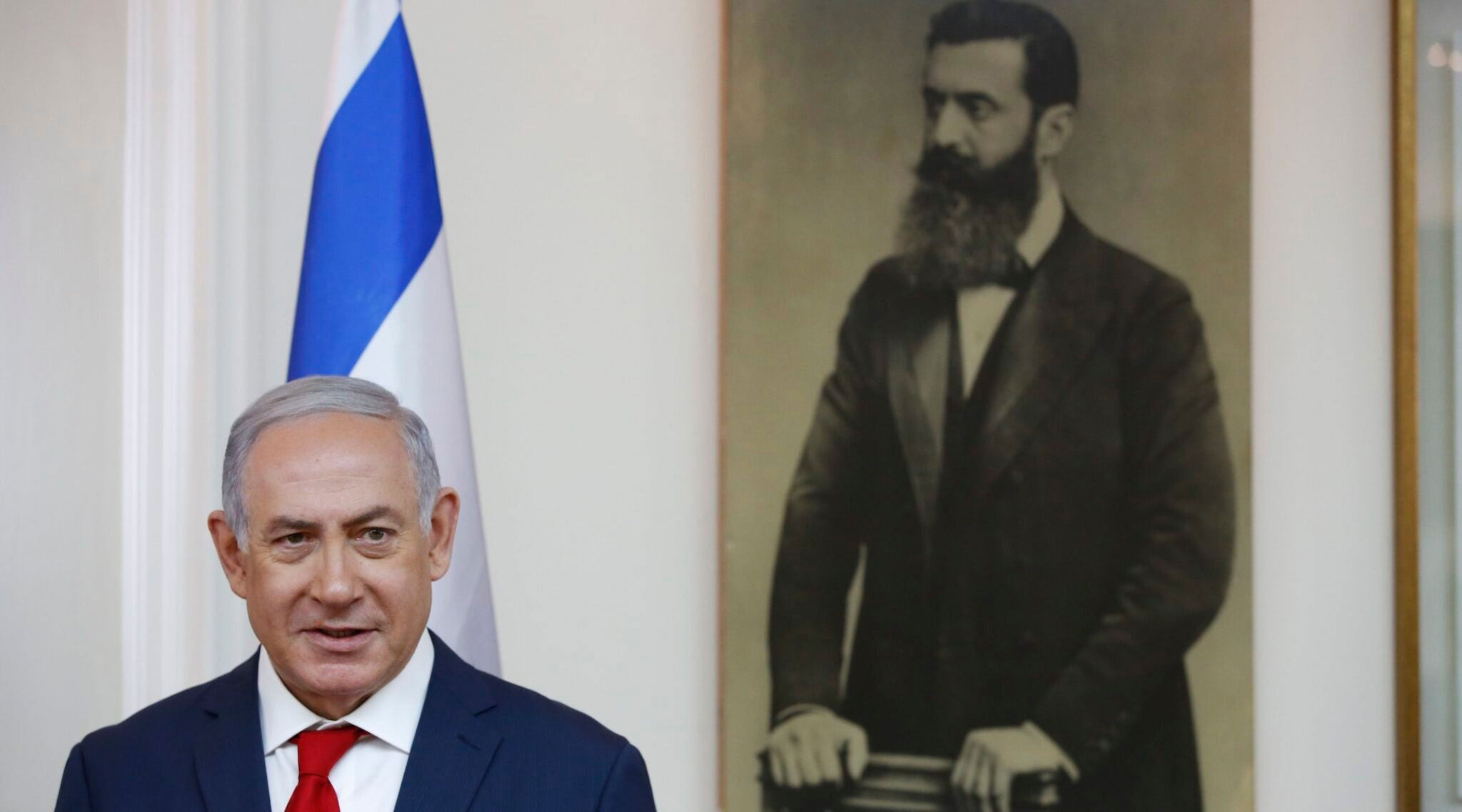(JNS) — Jennifer Rubin, an ostensibly-conservative opinion writer at The Washington Post, devoted her Dec. 26 column to an interview with Deborah Lipstadt, special envoy to monitor and combat antisemitism at the U.S. State Department.
The envoy and professor told Rubin that antisemitism, which she called “a most ubiquitous form of hatred, not just the oldest,” can be found on both sides of the aisle. “The two work in tandem, but I am always hesitant to make it left or right,” she said.
She noted that in politics, antisemitic grass can always look greener — that is more present — in the other party. “The problem is they don’t see it standing right next to people with whom they have ‘street cred,’” Lipstadt said.
Social media provides “a delivery system unlike anything we have seen” for Jew-hatred, according to Lipstadt, who said that widespread antisemitism on campus demonstrates that education alone cannot be the answer. One must take antisemitism seriously, and see it as “a prejudice like other prejudices,” she said.
“I couldn’t do my job if I wasn’t an optimist,” she added. “By all logic, Jews shouldn’t be around anymore.”
Rubin did not appear to ask Lipstadt, or at least did not quote the antisemitism envoy, on antisemitism in African-American and Muslim-American communities, including why the White House invited the Council on American-Islamic Relations (CAIR) — which later blamed Israel for being attacked on Oct. 7 — to be an adviser to its national strategy on antisemitism.
“Couldn’t do my job if not an optimist,” Lipstadt tells Washington Post

Courtesy of JNS. Photo credit: U.S. Embassy in Tunisia
Deborah Lipstadt, special envoy to monitor and combat antisemitism at the U.S. State Department, on a visit to Tunis




